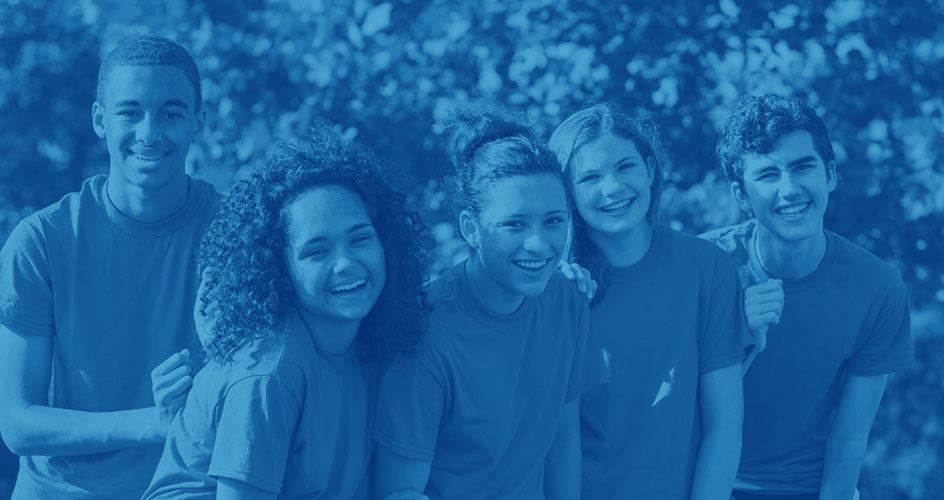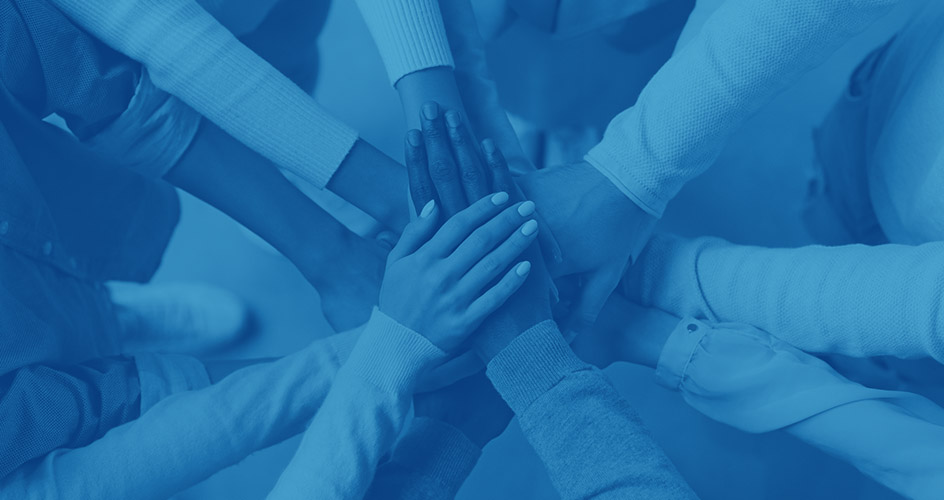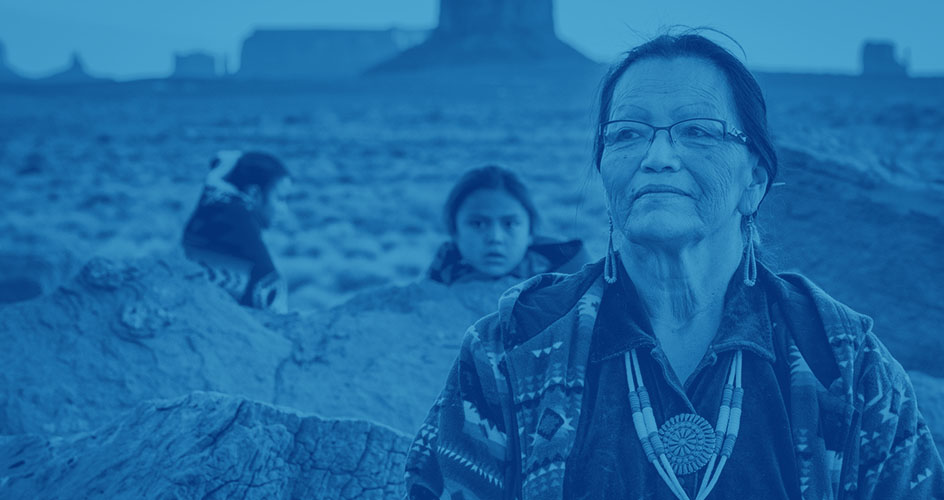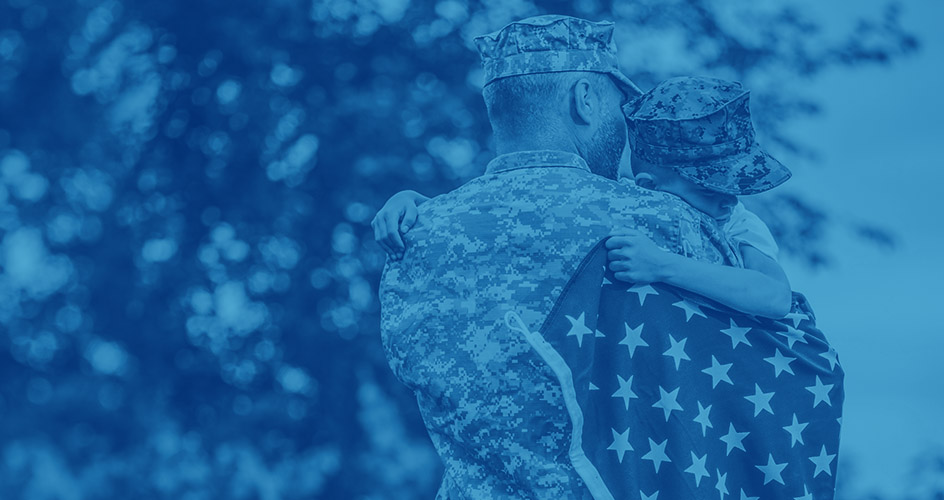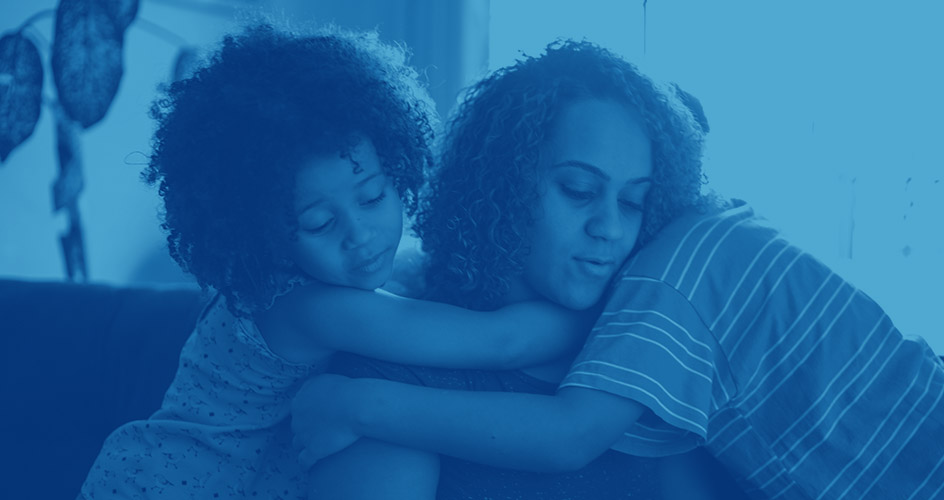Funding Toolkit » Technical Assistance » Opioids and Substance Use Disorders
training and technical assistance
Opioids and Substance Use Disorders

SAMHSA Addiction Technology Transfer Centers (ATTC)
Website: https://attcnetwork.org/
Funder: Substance Abuse and Mental Health Services Administration (SAMHSA)
The University of Missouri-Kansas City’s School of Nursing and Health Studies serves as the ATTC’s network coordinating office. The Addiction Technology Transfer Centers (ATTC) is an international, multidisciplinary resource for addiction treatment and recovery services professionals. The ATTC network mission & vision is to
- Accelerate the adoption and implementation of evidence-based and promising addiction treatment and recovery-oriented practices and services;
- Heighten the awareness, knowledge, and skills of the workforce that addresses the needs of people with substance use or other behavioral health disorders; and
- Foster regional and national alliances among culturally diverse practitioners, researchers, policymakers, funders, and recovery communities.
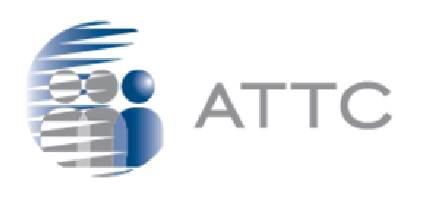
The GAINS Center
Website: https://www.samhsa.gov/gains-center
Funder: Substance Abuse and Mental Health Services Administration (SAMHSA)
Policy Research Associates (PRA) supports the GAINS Center, an acronym for Gather, Assess, Integrate, Network, and Stimulate. The GAINS Center expands access to services for people with mental illness and/or a substance use disorder involved in the adult criminal justice system. To receive assistance, you must submit a request for information to the GAINS Center online.
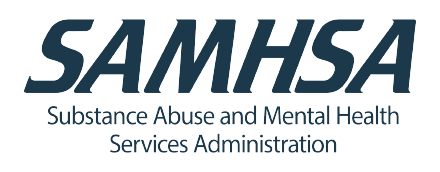
Opioid Response Network (ORN)
Website: https://opioidresponsenetwork.org/
Funder: Substance Abuse and Mental Health Services Administration (SAMHSA)
The American Academy of Addiction Psychiatry (AAAP) supports the Opioid Response Network (ORN). ORN has local consultants in all 50 states and nine territories to respond to local needs by providing free educational resources and training to states, communities, and individuals in the prevention, treatment, and recovery of opioid use disorders and stimulant use. An online application for assistance is required.
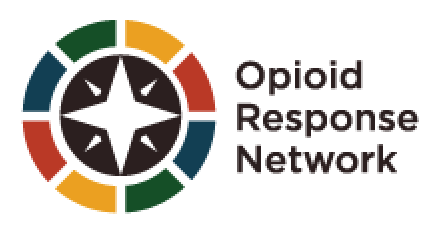
Overdose Fatality Review (OFR)
Website: https://www.cossapresources.org/Tools/OFR
Funder: U.S. Department of Justice (DOJ), Bureau of Justice Assistance (BJA)
The Institute for Intergovernmental Research support technical assistance for communities seeking to establish an overdose fatality review team. Overdose Fatality Review (OFR) is used to identify system gaps and innovative community-specific overdose prevention and intervention strategies. OFR tools provide practical recommendations to help communities plan, implement, and evaluate OFRs based on a strong foundation of collaboration, data collection, and prevention. OFR tools address multiple audiences, including public health, public safety, criminal justice, drug treatment, and social services. An online form for technical assistance is required.
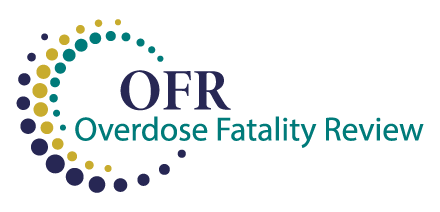
Centers of Excellence (CoE) for Behavioral Health Disparities
Funder: Substance Abuse and Mental Health Services Administration (SAMHSA)
The National Center for Primary Care, Morehouse School of Medicine, delivers technical assistance for the CoE on African Americans. Rush University Medical Center provides technical assistance for the CoE on aging. The Institute for Innovation and Implementation at the University of Maryland School of Social Work delivers technical assistance for the CoE on LGBTQ communities.
The Center of Excellence (CoE) for Behavioral Health Disparities provides training and technical assistance to healthcare practitioners targeting behavioral health disparities across three populations: African Americans, older adults, and LGBTQ communities.
- The African American CoE provides innovative, evidence-based, culturally aligned systems-change, including workforce development, technology transfer, and collaborative national partnerships to eliminate disparities and promote African-Americans’ behavioral health and health equity.
- The Aging CoE advances workforce capacity expansion through innovative practitioner training, with a specific focus on community-based providers’ implementation of evidence-based practices and programs (EBPs) for vulnerable older adults who experience behavioral and physical health disparities.
Website: http://e4center.org/
- The LGBTQ CoE provides training and technical assistance (TTA) to effectively implement change strategies within mental health (MH) and substance use (SU) disorder treatment systems to address disparities.
Website: https://lgbtqequity.org/
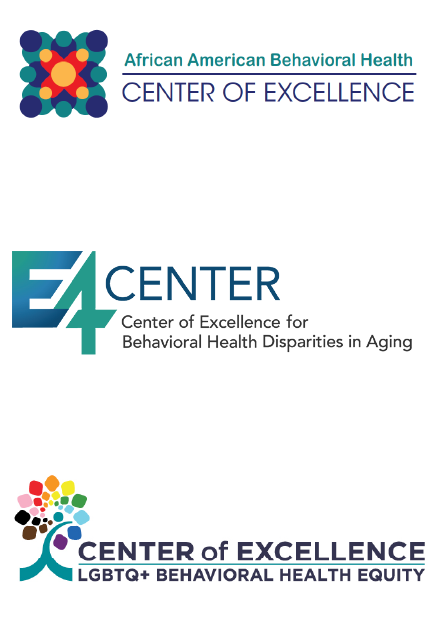

Comprehensive Opioid, Stimulant, And Substance Use Program (COSSUP) Training and Technical Assistance
Website: https:/www.cossup.org/Program/TTA
Funder: Bureau of Justice Administration (BJA)
The Bureau of Justice Administration (BJA) supports training and technical assistance through the Comprehensive Opioid, Stimulant, and Substance Use Program (COSSUP). The COSSUP training and technical assistance program offers a variety of learning opportunities and assistance to support BJA COSSUP grantees and other local, tribal, and state stakeholders to build and sustain multidisciplinary criminal justice responses to illicit substance use and misuse. Training and technical assistance is provided in a variety of formats, including virtual and in-person training events, workshop and meeting presentations, and online resources. An online form is required to request assistance.


